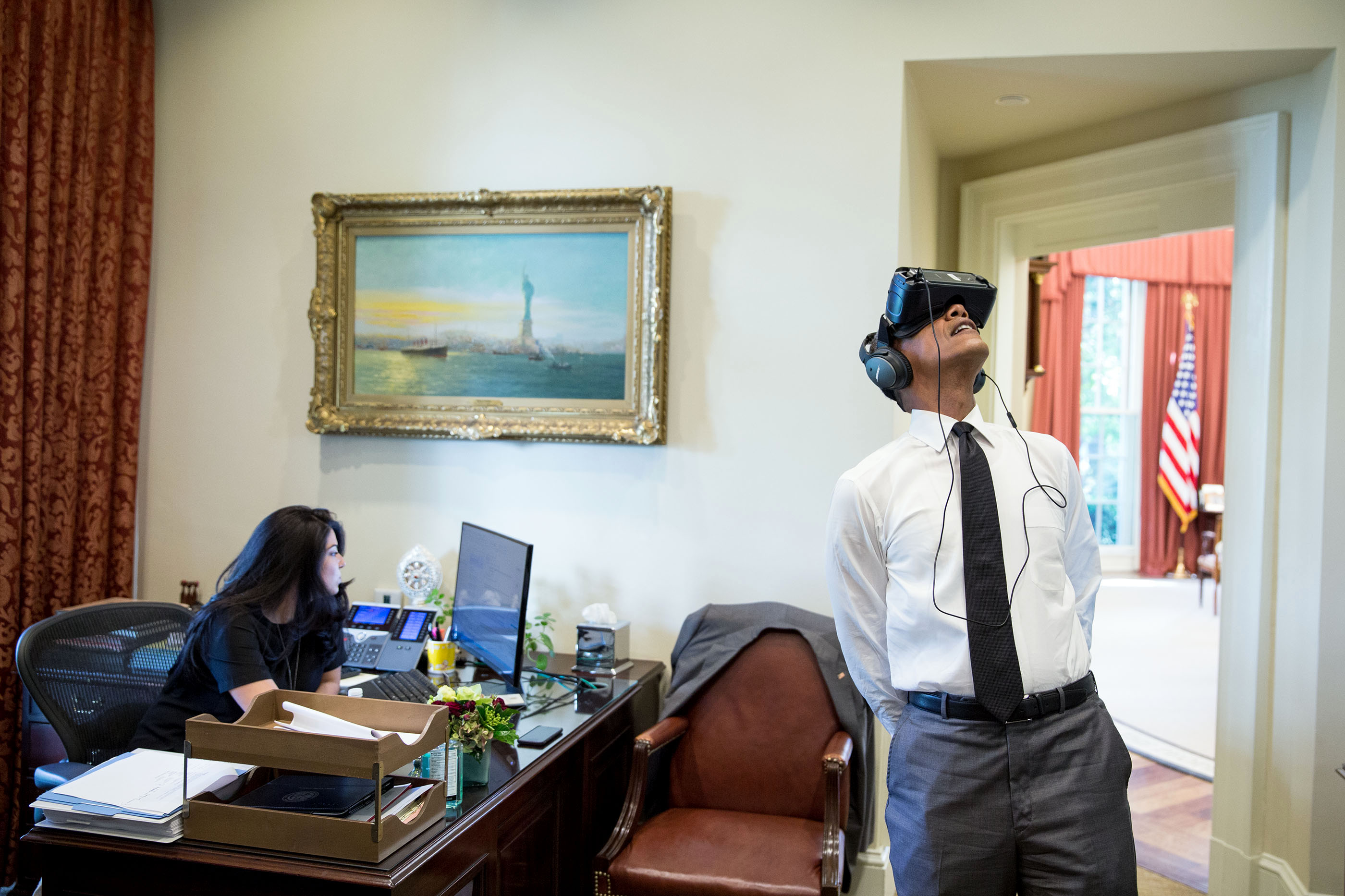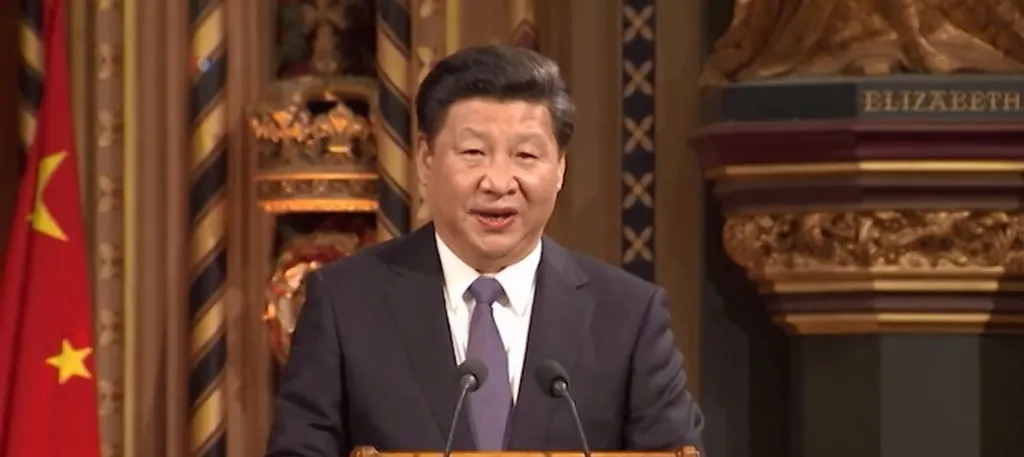VR is going to be big for China, and the country’s top leader knows it.
The annual B20 (Business 20) summit, which gathers leaders of businesses from countries in the G20 (Group of 20) convention got underway this weekend in Hangzhou, capital of East China’s Zhejiang Province. Opening the summit with a keynote speech was President Xi Jinping. In a 50-minute address, he spoke of China’s need to establish an innovative world economy. That process, according to the president, will be aided by the growth of new technologies such as VR.
“First, we need to build an innovative world economy to generate new drivers of growth. Innovation holds the key to fundamentally unleashing the growth potential. The new round of scientific and industrial revolution with Internet at its core is gathering momentum, and new technologies such as artificial intelligence and virtual reality are developing by leaps and bounds,” he said. “The combination of the virtual economy and the real economy will bring revolutionary changes to our way of work and way of life.”
It was little more than a name drop, but the very mention of VR in a world leader’s speech shows you just how big the arrival of the tech is. This isn’t just a new toy for gamers, its the start of an entirely new industry that will help boost others. China itself is becoming a huge focus for VR at companies like HTC, which bases some of its investor and accelerator operations in Beijing. Sony is also leveraging Chinese developers to boost its PlayStation VR platform with more content.
If that wasn’t enough, South Korean President Park Geun-hye also mentioned both VR and augmented reality (AR) during her address at G20 itself on Sunday. According to Yonhap News Agency, the president said that “Innovation in the fields of virtual and augmented reality, the Internet of Things, big data, as well as artificial intelligence is leading the fourth industrial revolution, and the origins of such changes are people’s creative thinking and imaginative power.”
According to the president, these types of innovations are “the crux of South Korea’s creative economy”.

It’s great to see both VR and AR getting serious recognition from world leaders, especially in markets in which the tech is likely going to thrive. It still has a long way to go to really prove itself, however, and watching how it evolves to aid economies like those in China and South Korea is going to be fascinating.
The U.S., meanwhile, has put its president actually into VR recently, with a 360 degree video that celebrates the 100th anniversary of the company’s national parks. It’s not quite the same as addressing the tech at a gathering of world leaders, but it’s still pretty cool.


























